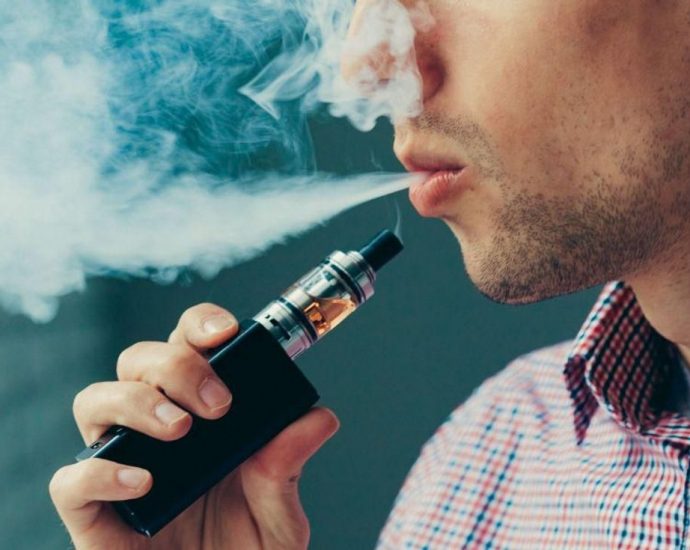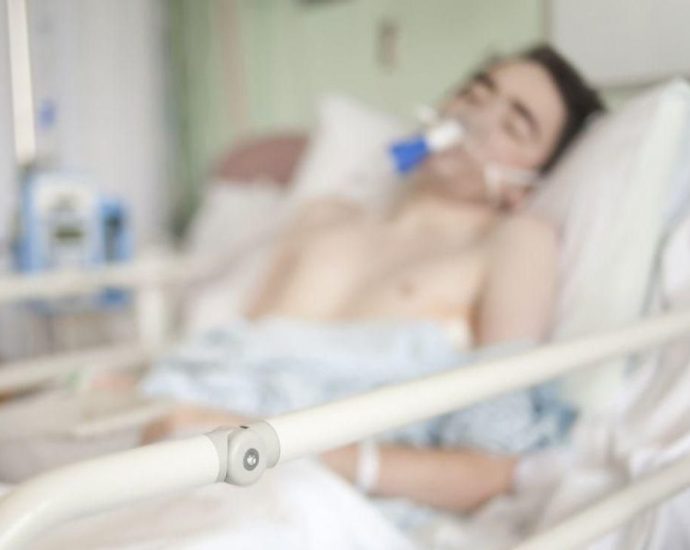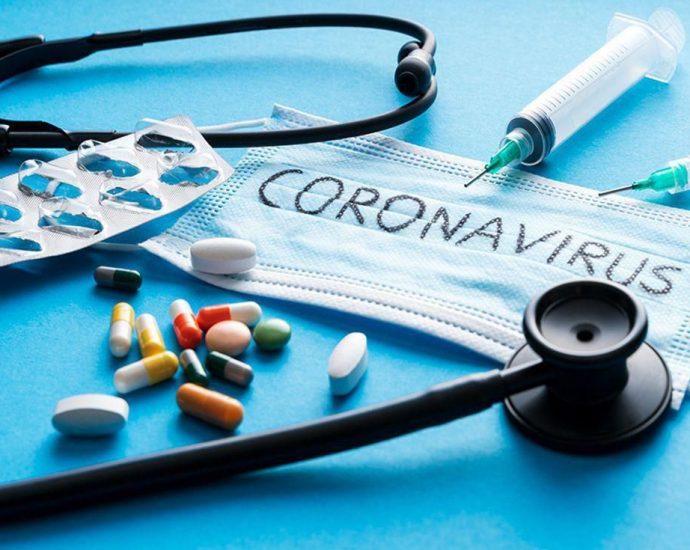Old Spice, Secret Antiperspirants Recalled Due to Benzene
TUESDAY, Nov. 30, 2021 (HealthDay News) — Several Old Spice and Secret aerosol spray antiperspirants and hygiene products have been voluntarily recalled in the United States due to the presence of the cancer-causing chemical benzene, Proctor & Gamble says. Benzene exposure can occur by inhalation, orally and through the skin.Continue Reading










